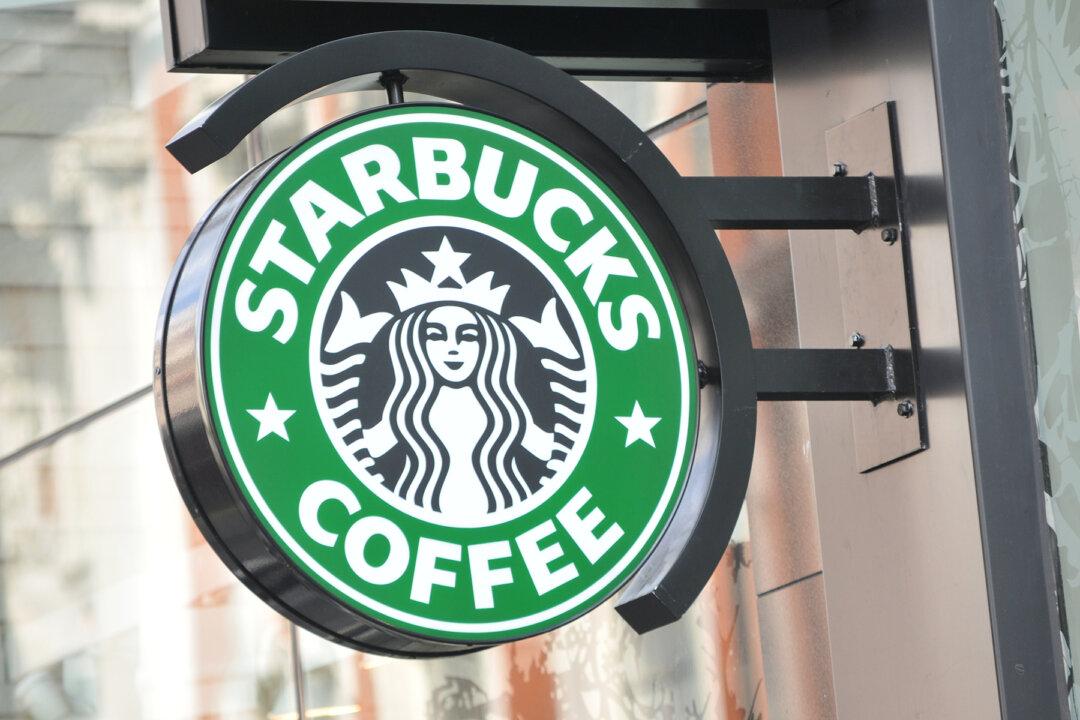Coffee giant Starbucks announced on March 20 that it plans to trial recyclable and compostable coffee cups including recyclable strawless lids.
The trial will begin in various cities before being rolled out across the United States and Canada.

Coffee giant Starbucks announced on March 20 that it plans to trial recyclable and compostable coffee cups including recyclable strawless lids.
The trial will begin in various cities before being rolled out across the United States and Canada.